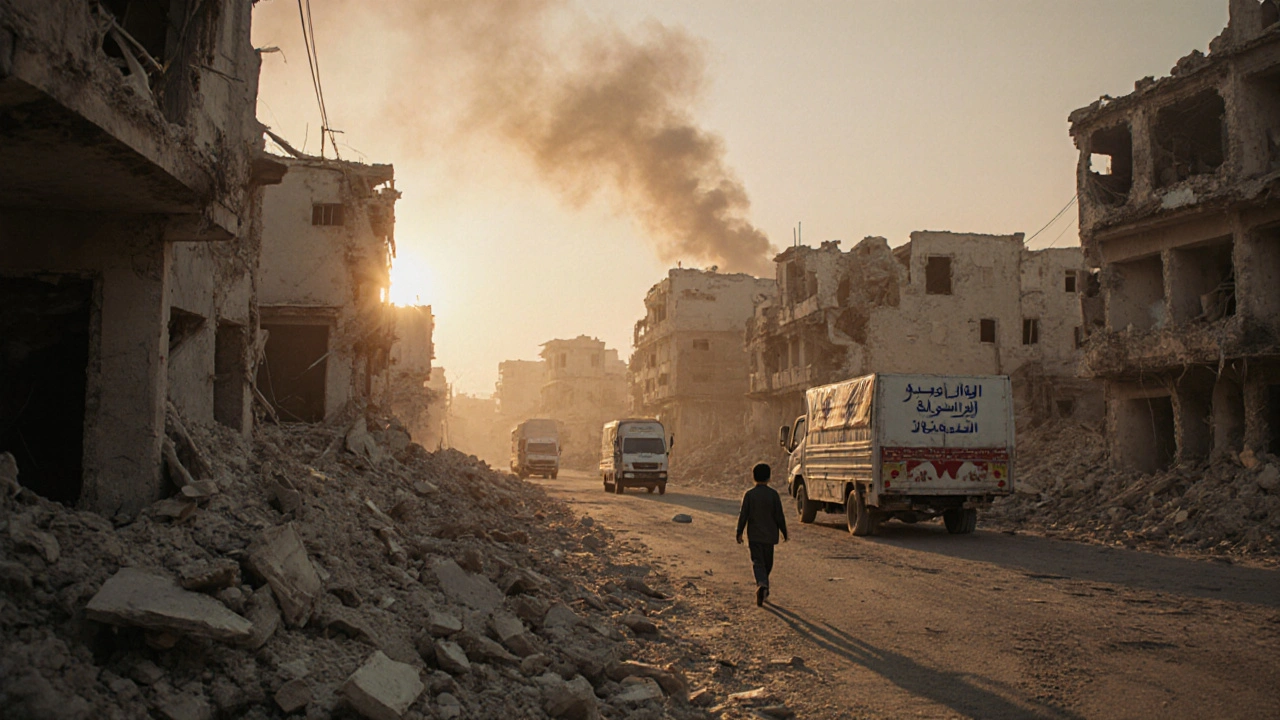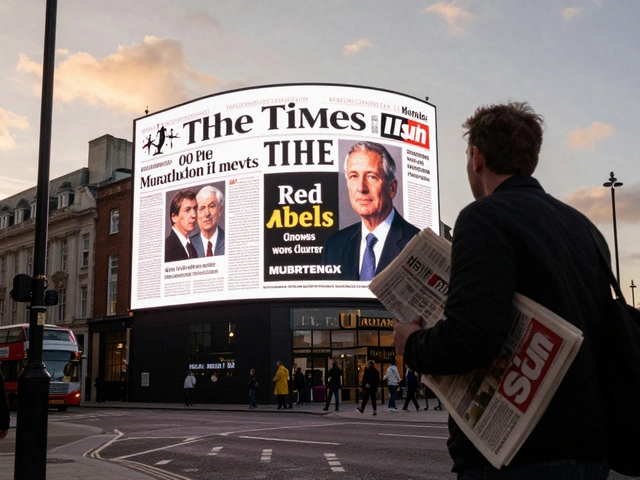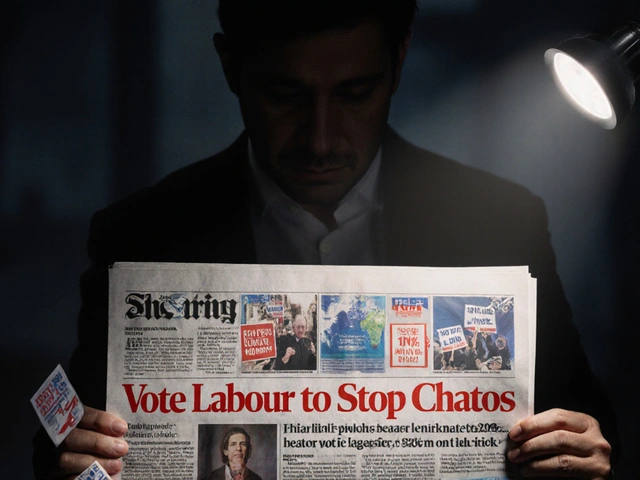It’s easy to feel overwhelmed by the news. Every day, something big happens somewhere - a war escalates, a leader steps down, a climate disaster hits. But what’s actually going on right now, not what you heard in a 15-second clip? Here are three real, ongoing events shaping the world as of November 2025.
War in Gaza Enters Its Third Year With No End in Sight
The conflict between Israel and Hamas has dragged on for over 30 months, and there’s no ceasefire in sight. More than 40,000 people have been killed in Gaza since October 2023, according to the Gaza Health Ministry. The majority are women and children. Entire neighborhoods in Rafah and Khan Younis have been reduced to rubble. Aid deliveries are still happening, but only in small, inconsistent waves. The UN says 80% of Gaza’s population is displaced, and famine conditions are worsening in the north. The Israeli military says it’s targeting Hamas command centers, but satellite imagery shows hospitals, schools, and bakeries destroyed alongside suspected tunnels. Meanwhile, protests have erupted in over 120 countries. In New Zealand, students at Victoria University held a sit-in last week demanding their government cut ties with arms suppliers linked to the conflict. No side is showing signs of backing down, and regional tensions are rising. Iran-backed militias have launched over 200 rocket attacks into northern Israel since September, and Israel has responded with airstrikes in Syria and Iraq.
Climate Disasters Hit Europe and North America Simultaneously
This year, Europe and North America faced their worst climate disasters in decades - and they happened at the same time. In early October, record-breaking floods swept through parts of Germany, Belgium, and the Netherlands. Over 120 people died. Entire towns in the Eifel region were underwater for weeks. Insurance claims are expected to exceed €15 billion. At the same time, wildfires raged across British Columbia and California. In Canada, more than 18 million hectares burned - the largest fire season on record. The smoke drifted across the Atlantic, turning skies in London and Paris orange for days. Scientists at the European Centre for Medium-Range Weather Forecasts confirmed that both events were made at least 50% more likely by human-caused climate change. What’s new this year? The timing. Usually, European floods and North American fires happen months apart. Now they’re overlapping, straining global emergency response systems. The EU has activated its Civil Protection Mechanism for the third time this year. The U.S. Federal Emergency Management Agency (FEMA) has deployed teams to Canada for the first time in history to help with evacuations and recovery.

Japan’s Economic Rebound Sparks Global Currency Shifts
Japan’s economy is showing unexpected strength. After decades of stagnation, inflation hit 3.8% in September - the highest in 35 years. The Bank of Japan finally ended its negative interest rate policy in October, raising rates to 0.1%. It was the first hike since 2007. The yen, which had been one of the world’s weakest currencies, jumped 12% against the dollar in just three weeks. Why does this matter? Because Japan is the third-largest economy on Earth. Its central bank holds over $1.2 trillion in foreign reserves. When Japan stops printing cheap money and starts attracting capital back home, it ripples through global markets. Investors are pulling money out of emerging markets like Turkey and Argentina to buy Japanese bonds. The U.S. Treasury Department has warned that rapid yen appreciation could hurt Japanese exporters like Toyota and Sony. Meanwhile, China’s central bank is quietly buying yen to stabilize its own currency. Analysts at Morgan Stanley say this could be the start of a global reset - one where the yen regains its role as a safe-haven asset, and the dollar loses some of its dominance. For everyday people, this means travel to Japan is suddenly cheaper, but imported goods from Japan might get pricier.

Why These Three Matter More Than You Think
These aren’t just headlines. They’re connected. The war in Gaza fuels oil price spikes, which affect inflation in Europe and the U.S. The climate disasters are forcing governments to spend billions on recovery - money that could’ve gone to healthcare or education. And Japan’s currency shift is making loans more expensive for developing countries that borrowed in dollars. Together, they show a world under strain - where one crisis doesn’t stay isolated. You don’t need to follow every news alert. But if you want to understand what’s really changing around you, these three events are the ones to watch.



